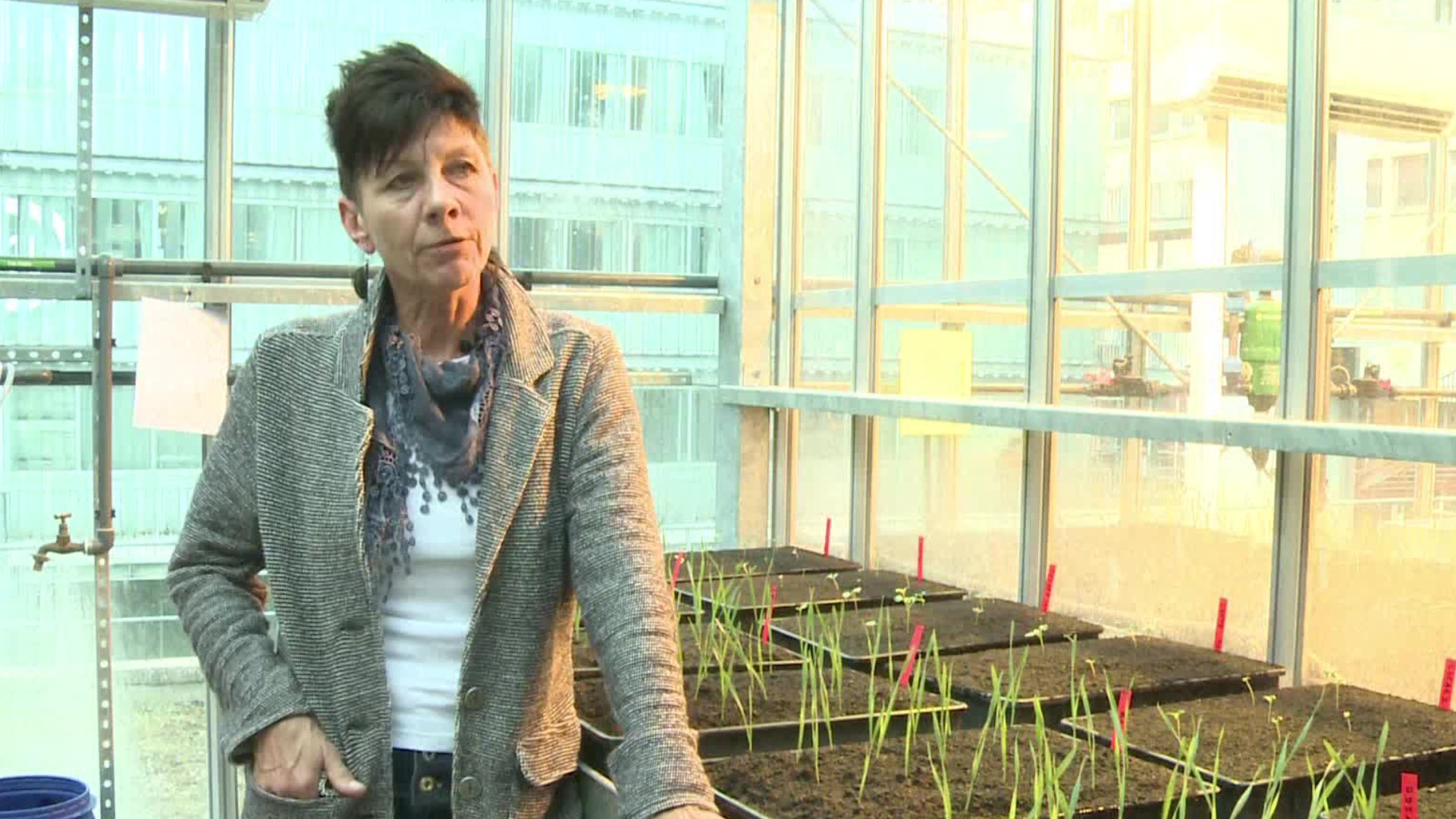Climate Change Policy Analysts
Climate Analyst, Climate and Energy Program Associate, Environmental Policy Analyst, Policy Analyst
 Select a military branch to see samples.
Select a military branch to see samples.
Bioenvironmental Engineering; Bioenvironmental Engineering Apprentice; Bioenvironmental Engineering Craftsman; Bioenvironmental Engineering Helper; Bioenvironmental Engineering Journeyman; Bioenvironmental Engineering Manager; Bioenvironmental Engineering Superintendent; Weather and Environmental Sciences; Weather and Environmental Sciences, Advanced Weather Activities
Environmental Science and Engineering
No similar titles were found.
Environmental Engineering Management Officer
Environmental Health Officer; Master Meteorological And Oceanographic (Metoc) Forecaster; Meteorological And Oceanographic (Metoc) Forecaster; Staff Meteorology and Oceanography (METOC) Officer
No similar titles were found.
What they do:
Research and analyze policy developments related to climate change. Make climate-related recommendations for actions such as legislation, awareness campaigns, or fundraising approaches.
On the job, you would:
- Provide analytical support for policy briefs related to renewable energy, energy efficiency, or climate change.
- Propose new or modified policies involving use of traditional and alternative fuels, transportation of goods, and other factors relating to climate and climate change.
- Prepare study reports, memoranda, briefs, testimonies, or other written materials to inform government or environmental groups on environmental issues, such as climate change.
Knowledge
Safety and Government
- law and government
Arts and Humanities
- English language
Math and Science
- arithmetic, algebra, geometry, calculus, or statistics
Skills
Basic Skills
- reading work related information
- listening to others, not interrupting, and asking good questions
Problem Solving
- noticing a problem and figuring out the best way to solve it
People and Technology Systems
- measuring how well a system is working and how to improve it
- figuring out how a system should work and how changes in the future will affect it
Abilities
Verbal
- read and understand what is written
- communicate by speaking
Ideas and Logic
- make general rules or come up with answers from lots of detailed information
- use rules to solve problems
Math
- add, subtract, multiply, or divide
- choose the right type of math to solve a problem
Personality
People interested in this work like activities that include ideas, thinking, and figuring things out.
They do well at jobs that need:
- Analytical Thinking
- Integrity
- Persistence
- Attention to Detail
- Initiative
- Cooperation
Technology
You might use software like this on the job:
Analytical or scientific software
- SAS
- The MathWorks MATLAB
Presentation software
- Microsoft PowerPoint
Object or component oriented development software
- Perl
- R
Education
Education: (rated 5 of 5)
master's degree or
doctoral degree
usually needed
doctoral degree
usually needed
Get started on your career:
Find Training
Apprenticeship.gov
Job Outlook
Bright
New job opportunities are very likely in the future.
Explore More
- Chief Sustainability Officers
- Environmental Economists
- Environmental Scientists & Specialists, Including Health
- Industrial Ecologists
- Sustainability Specialists
You might like a career in one of these industries:
See more details at O*NET OnLine about climate change policy analysts.






